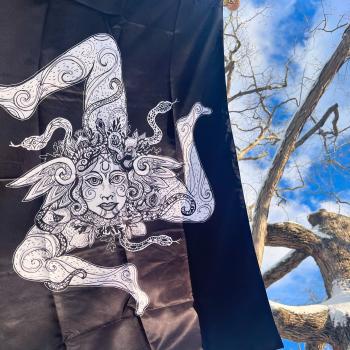ONE
UNEXPECTED HEROISM
Heroism is indurance for one moment more. - George F. Kennan
While dogs in our modern world fill many roles, a majority are still just pets and therefore their duties and responsibilities pale in comparison to what was expected by dog owners 170 years ago. In the middle of the nineteenth century, for those living outside cities, canines were indispensable. In reality, the dog was perhaps the most important family tool. It was not as much a pet as it was a sentry, hunter, herder, and defender. During an era when almost every rural family saw a dog as essential, it is interesting that canines served no official purpose in the military. It would take more than seven decades before dog training became a part of the military. Yet that didn’t keep a feisty terrier out of one of the bloodiest battles in the American Civil War or prevent her from being recognized and saluted by the nation’s most revered leader. To fully grasp the unlikely dynamics that brought this story to life, one first has to understand history as it unfolded.
By 1860, in the then not-so-United States, trouble had been brewing for more than a decade. But the event that set the stage for the breaking of a union was the election of Abraham Lincoln as president. In November the tall man from Illinois won the popular and electoral vote over a trio of competitors: John C.
6/14/2018 7:06:00 PM




